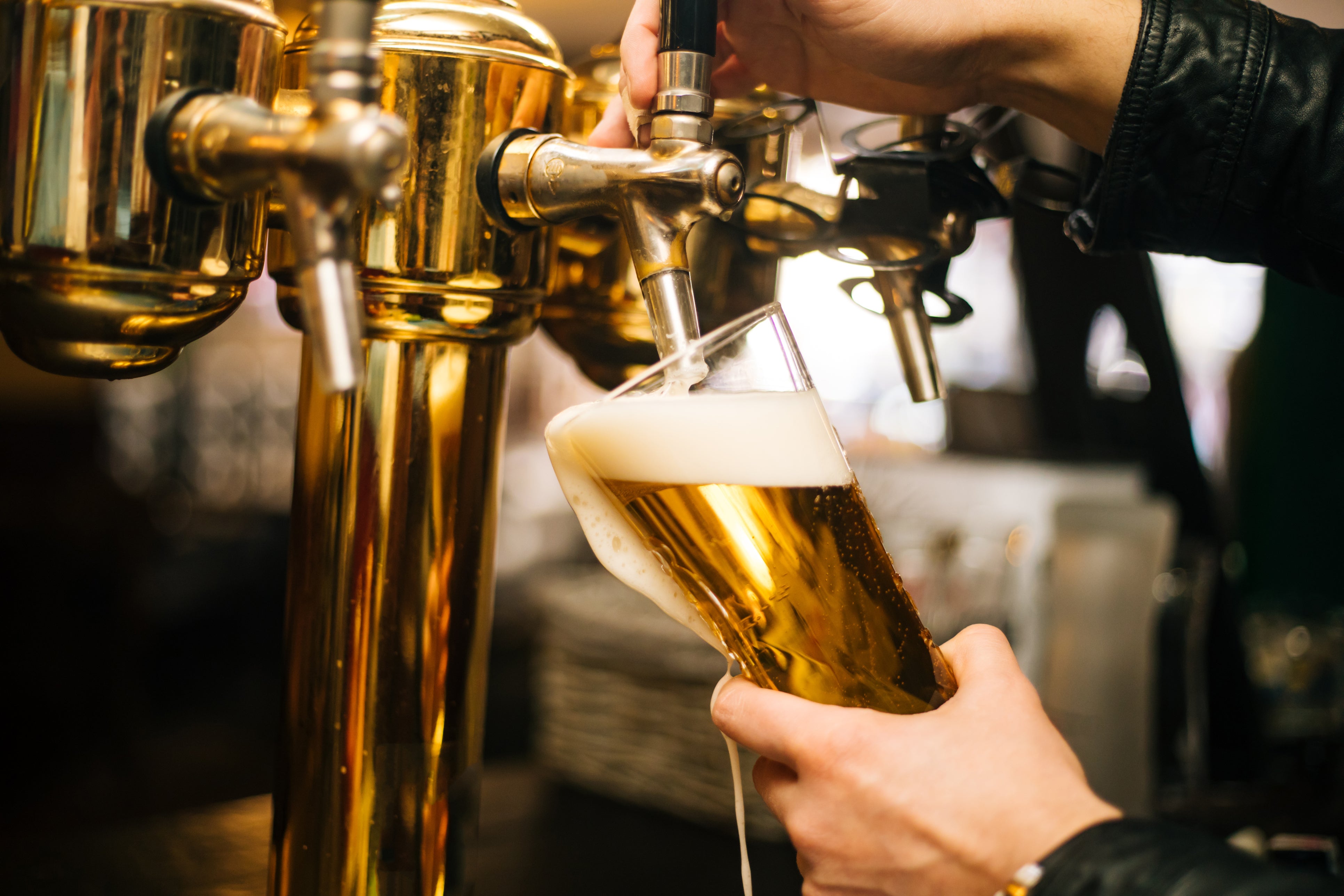What The Traitors teaches us about herd mentality
What The Traitors teaches us about herd mentality
Share:
In a world where social influence often shapes our choices, the BBC’s hit series The Traitors offers a thrilling glimpse into the psychology of trust, deception, and group dynamics. As contestants navigate a high-stakes game of betrayal, viewers are left pondering a crucial question: how far can the power of herd mentality push individuals to act against their own intuition and opinions?.
We’ve spoken to some psychologists who have shared insights on how herd mentality impacts decision-making, highlighting some key lessons about human behaviour that the tense competition brings to light. What is herd mentality?. “Herd mentality as a terminology originates from the observations in animal behaviour and characteristics where groups of animals may act collectively due to the need for survival.”.
What causes it? And how does it influence decision making?. It’s primarily driven by three key factors; fear of isolation, cognitive ease and trust in the majority. “A belief that the group knows best may also reduce individual accountability.”. In addition, an outpour of emotion can cloud intuition and change people’s minds in an instant. Especially in high pressured situations like the round table (cue Minah’s Oscar-winning crocodile tears in episode six).
“Group emotions, like fear, excitement, or anger spread quickly, influencing individual decisions,” says Suglani. What examples have we seen of this on The Traitors?. In order to banish a Traitor from the castle on the show, the majority of the group need to vote for the same person, so the round table’s format encourages herd mentality.




















.jpg?trim=14,0,15,0&quality=75&auto=webp&width=1000)

